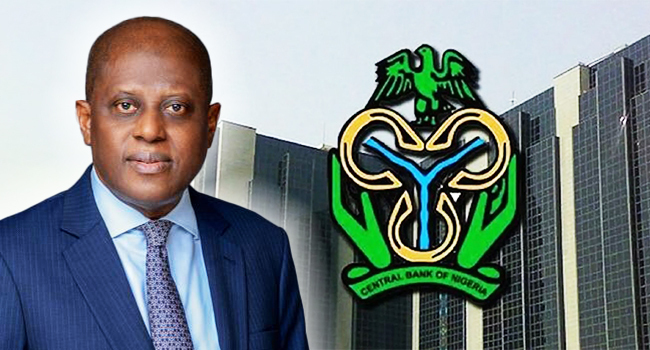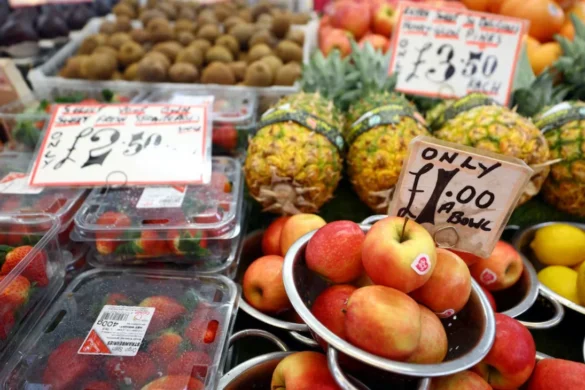The Central Bank of Nigeria (CBN) has projected a slight reduction in Nigeria’s external reserves in 2024. This forecast is detailed in the recently released maiden edition of its ‘Macroeconomic Outlook: Price Discovery for Economic Stabilisation’ report.
The CBN attributes the anticipated decrease in the country’s reserves to ongoing debt service and other financial obligations. According to the report:
“The external reserves, which stood at $33.09bn in 2023 could reduce slightly in 2024. This is on the assumption of continued payments of outstanding foreign exchange forward obligations, matured foreign exchange swaps, and debt service. The expected improvement in crude oil earnings, together with recent reforms in the foreign exchange market and energy sector, however, would cushion the drop in external reserves.”
Despite this outlook, Nigeria’s foreign reserves showed an increase, crossing $35.05bn on July 8, 2023, for the first time in about a year, and as of the latest available data, the reserves stood at $35.77bn.
Additionally, the CBN projects a marginal increase in diaspora remittances, from $19.17bn in 2023 to $19.42bn in 2024. This is based on the expected improvement in global economic conditions and reforms in the foreign exchange market that enable international money transfer operators to pay beneficiaries at market-determined exchange rates. The report states:
“This is on account of the expected improvement in global economic conditions and reforms in the foreign exchange market that allow international money transfer operators to pay beneficiaries at market-determined exchange rates. Similarly, the ongoing efforts by the Bank to improve efficiency, transparency and confidence in the foreign exchange market is expected to boost remittances through formal channels.”
Regarding public debt, the CBN expects it to maintain an upward trajectory while remaining sustainable. The report notes:
“The expected trajectory of public debt is underscored by planned infrastructural investment, social interventions, and the securitisation of the Ways and Means Advances to the Federal Government of Nigeria (FGN).”




